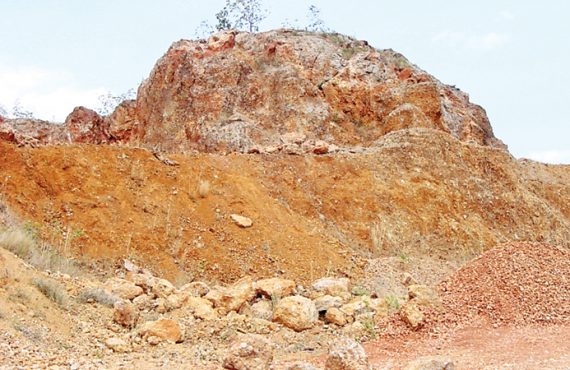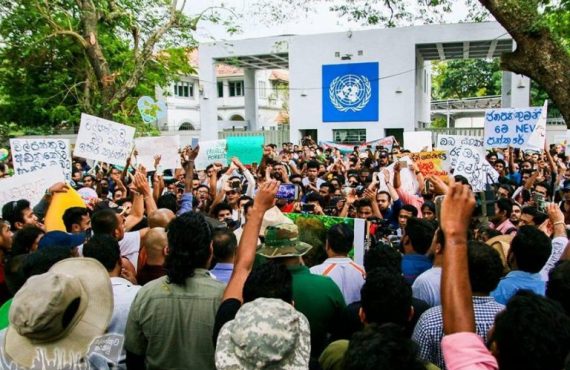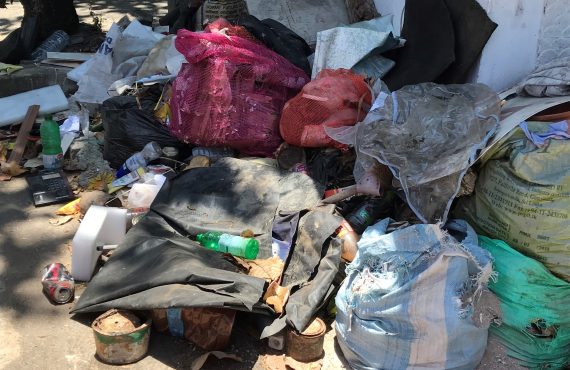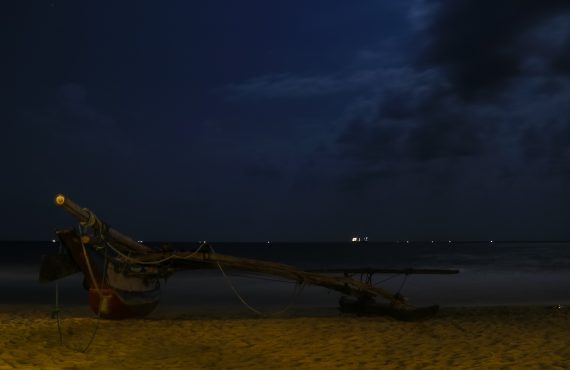The decision to exclude coal from Sri Lanka’s Least Cost Long Term Generation Expansion Plan (LCLTGEP) 2018- 2037 by the Public Utilities Commission of Sri Lanka is not only a massive victory for the environment, but also a win for good governance in Sri Lanka.
Sri Lanka’s interest in building coal power capacity and establishing new power plants was a myopic and regressive in light of the global shift away from coal power, even in heavily industrialized countries such as China and India, who are now decommissioning and phasing out coal power plants and investing in renewable energy. Last year, EFL filed a case against the construction of the Sampur Coal Power Plant, and succeeded in halting the construction of the plant, yet such victories would be rendered meaningless if the official strategy for increasing energy capacity in the long term, considered coal as a viable and legitimate option. Increasing energy capacity through would also have contradicted Sri Lanka’s domestic policies such as the President’s Blue-Green Era policy of 100% renewable energy sources by 2030, as well as international obligations such as Sri Lanka’s Intended Nationally Determined Contributions (INDC) to limit global temperature rise to 2C as per the Paris Agreement.
This decision to exclude coal from the long term generation expansion plan ensures that these policies work in tandem with each other, and more importantly, is a decision that benefits the people, economy and environment of Sri Lanka.
It is important to recognize that this move did not happen in isolation, but rather was the product of participatory discourse between the general public, energy experts and different government institutions. It is commendable that the PUCSL took the initiative to make the decision-making process accessible, transparent and participatory by holding public consultations on the first energy plan formulated by the Ceylon Electricity Board. What differentiates the PUCSL’s decision- making process from other government attempts to include and account for public opinions, such as many Environmental Impact Assessments, is that the PUCSL considered the overwhelming opinions and concerns of the comments when making a final decision. Too often public consultations are a box-ticking exercise, where comments are drafted and presented, but have no bearing or influence on any components of the final policy or project. EFL is pleased to note that during this public consultation process, around 90% of presentations criticized the inclusion of coal in the plan, noting that the plan had not accounted for the externalities in terms of health and environmental damage. When approving the coal free plan, the PUCSL also noted that these externalities would increase the economic cost of coal, making a less viable and economically feasible option.
This decision is proof that allowing citizens to participate in the decision-making can lead to economically and environmentally sound outcomes that ultimately lead to the upliftment of the whole country. It is a shining example of what can be accomplished when various parties collaborate to solve problems in a transparent and fair process. We must continue to be vigilant about the dangers of existing coal power plants and EFL is working towards reducing the emissions from the Norochcholai Coal Power Plant, in order to ease the transition towards a carbon-free economy.
Categories
- Blog (57)
- Campaigns (1)
- Careers (1)
- Case Studies (14)
- Comments/Reports (12)
- Conservation/Awareness (12)
- CSO (1)
- Education (11)
- EIA Blog (24)
- Fund A Project (3)
- Investigations (18)
- Legal Awarness (1)
- Mining (1)
- News (27)
- Newsletters (10)
- Our Events (5)
- Press (18)
- Uncategorized (4)
- Workshops (17)

Environmental Foundation
(Guarantee) Limited
No. 171,
Sri Gnanendra Mawatha,
Nawala,
Sri Lanka
Email: mail@efl.lk
Phone: +94 (11) 289 0984
Company Reg. Number GL32
Connect with us
Partnerships
Donate
Conduct a workshop
Careers
Website photographs by
Rishani Gunasinghe
Kasun De Silva
Uvini Senanayake
Copyright © Environmental Foundation (Guarantee) Limited. All Rights Reserved.




















No comments yet.